Pancake Day, Lent and the Joy of Becoming
Written by Daniel Bocchetti
Who doesn’t love pancakes? Never mind whether you prefer American or British pancakes, Pancake Day is cool, and it’s celebrated in quite a few countries around the world. Less popular, however, is the story behind this celebration also known as Shrove Thursday.
Pancake Day is the chance for a big party before Lent begins. Long ago, Christians used up the eggs and fat they had in store by making pancakes and feasting on them before fasting during Lent. For many, Lent is about giving up good stuff, feeling sorry and doing “penance” (what’s that?). That is, Lent is a renunciation of the good life so typical of religion, right?
In 1559 Pieter Bruegel the Elder painted The Fight Between Carnival and Lent. The title alone is quite suggestive. One side of the painting is dominated by abstinence and piety, people giving alms to the poor and the sick, praying and going to church. The church itself is the dominant building on this side. Lady Lent is in the foreground on a cart, meagre and garbed as a nun. On other side of the painting is a carnival celebration. There is a large man riding a beer barrel holding a long spit with a pig’s head on it ready to fight lady Lent. There are people playing games, making music, dancing and feasting. I mean, on which side would you rather be?
I find Bruegel’s painting fascinating. It is a metaphor for the changing culture of the Netherlands and Europe in the 16th century, but I think it has something to say to the cultural moment we find ourselves in, not least because the social revolution Bruegel lived in laid the foundation of our modern society. This is the surge of the Protestant Reformation.[1] An unprecedented parting of the sacred and the secular is happening. What is “fun” and what is “holy” are being pinched against each other as had never happened before. In this painting Bruegel depicts a reality where society is being reorganised, where the sacred becomes private and Lent becomes about boring rules that spoil the fun.
But Lent isn’t about giving up happiness or feeling ashamed. Lent is about preparing ourselves to imitate Jesus, to “put on the Lord Jesus Christ” (Rom. 13:14). Yes, during Lent Christians repent of their racism, greed and selfishness because in a society where sacred and secular are not pitched against each other these sins are a public matter. Yes, people fast and giving up privileges and lavish living for the purpose of becoming more like Jesus, who taught us to love our neighbours as ourselves and to help the poor, the orphans and the strangers. Fasting and giving up stuff are a means to an end. Lent is the journey; Jesus is the destination. In his temptation in the desert (Matt. 4:1–11; Luk. 4:1–13) Jesus does not give up “fun”. He chooses a better life instead. He chooses a more fulfilling life. Life in abundance. Jesus refuses offers of political power, wealth and comforts because he believed there is something bigger and better than that. To be sure, this is countercultural thinking. Can there be more blessings in giving than receiving (Acts 20:34)? Lent is an invitation to find that out.
It is interesting that on the “carnival side” of the painting, behind the beer barrel, Bruegel painted a man dressed in yellow, the colour of deceit, and a female holding a tumbler and a candle, also symbols for deceit. These are accompanied by a lute-player, a frequent symbol of Lutheranism (Luther and the Lutherans had abolished Lent and had supported the princes in their social reforms). Bruegel’s painting is a subversive one. Bruegel is painting a lie. Appearances can be deceiving. Many of us have indeed lived without rules and have been left emptyhanded. Many of us rode on that barrel and found no freedom. Lent is for our transformation after our role model. The one who promises us a life of love, hope and joy. Lent is a about becoming. Lent leads to Easter.
[1] If you are interesting in the interpretation of the painting I would recommend the commentaries of Melvyn Bragg on BBC In Our Time and of Andrew Graham-Dixon on www.andrewgrahamdixon.com.

